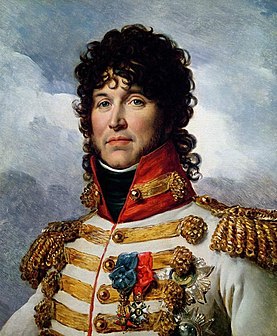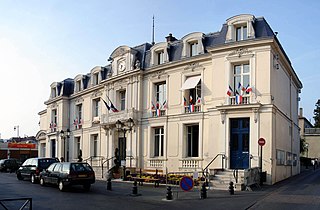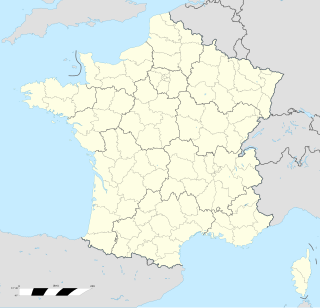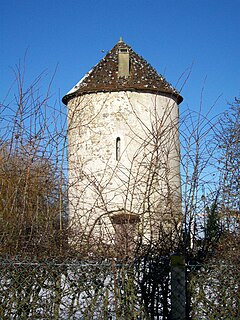Mortefontaine | |
|---|---|
 Town hall | |
| Coordinates: 49°06′47″N2°36′01″E / 49.1131°N 2.6003°E Coordinates: 49°06′47″N2°36′01″E / 49.1131°N 2.6003°E | |
| Country | France |
| Region | Hauts-de-France |
| Department | Oise |
| Arrondissement | Senlis |
| Canton | Senlis |
| Government | |
| • Mayor (2008–2014) | Christian Lamblin |
| Area 1 | 15.29 km2 (5.90 sq mi) |
| Population (2006)2 | 844 |
| • Density | 55/km2 (140/sq mi) |
| Time zone | UTC+01:00 (CET) |
| • Summer (DST) | UTC+02:00 (CEST) |
| INSEE/Postal code | 60432 /60128 |
| Elevation | 60–203 m (197–666 ft) (avg. 93 m or 305 ft) |
| 1 French Land Register data, which excludes lakes, ponds, glaciers > 1 km2 (0.386 sq mi or 247 acres) and river estuaries. 2 Population without double counting : residents of multiple communes (e.g., students and military personnel) only counted once. | |
Mortefontaine is a commune in the Oise department in northern France.
The commune is a level of administrative division in the French Republic. French communes are analogous to civil townships and incorporated municipalities in the United States and Canada, Gemeinden in Germany, comuni in Italy or ayuntamiento in Spain. The United Kingdom has no exact equivalent, as communes resemble districts in urban areas, but are closer to parishes in rural areas where districts are much larger. Communes are based on historical geographic communities or villages and are vested with significant powers to manage the populations and land of the geographic area covered. The communes are the fourth-level administrative divisions of France.

Oise is a department in the north of France. It is named after the river Oise. Inhabitants of the department are called Oisiens or Isariens, after the Latin name for the river, Isara.
In the administrative divisions of France, the department is one of the three levels of government below the national level, between the administrative regions and the commune. Ninety-six departments are in metropolitan France, and five are overseas departments, which are also classified as regions. Departments are further subdivided into 334 arrondissements, themselves divided into cantons; the last two have no autonomy, and are used for the organisation of police, fire departments, and sometimes, elections.
The castle of Mortefontaine [1] was bought by Joseph Bonaparte, elder brother of Napoléon Bonaparte in 1798. The Convention of 1800 (also known as the Treaty of Mortefontaine), a treaty of friendship between France and the United States of America, was signed here in 1800. Here again were negotiated the preliminaries of the Peace of Amiens on March 25, 1802.
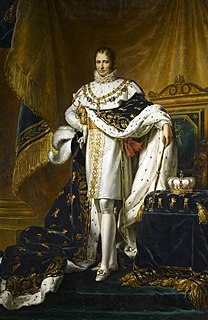
Joseph-Napoléon Bonaparte, born Giuseppe di Buonaparte was a French diplomat and nobleman, the older brother of Napoleon Bonaparte, who made him King of Naples and Sicily, and later King of Spain. After the fall of Napoleon, Joseph styled himself Comte de Survilliers.

The Convention of 1800 or the Treaty of Mortefontaine between the United States of America and France ended the 1798–1800 Quasi-War, an undeclared naval war waged primarily in the Caribbean, and terminated the 1778 Treaty of Alliance.








